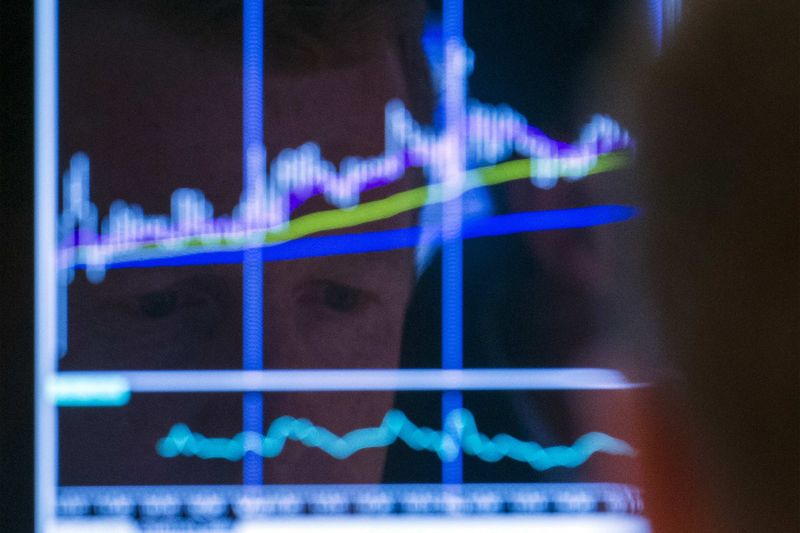Ghana's Central Bank Holds Key Interest Rate Steady at 27% Amid Mixed Economic Signals
The Monetary Policy Committee (MPC) of the Bank of Ghana has decided to maintain the Monetary Policy Rate (MPR) at 27.0% during its latest meeting. This decision was made following an assessment of the global economy, local economic conditions, and the appropriate stance of monetary policy.
Globally, economic growth remains strong, supported by a recovery in real incomes and the process of disinflation. Major central banks in developed economies have generally initiated a cycle of policy easing to support growth. Despite a robust services sector, the manufacturing sector has shown weaker growth. Global growth is projected to remain stable at 3.2% in 2024 and 2025. However, potential challenges such as the lagged effects of past policy tightenings, geopolitical tensions, and trade protectionist policies exist.
Globally, inflation remains moderate due to low energy inflation and decreasing labor cost pressures. The Federal Reserve, European Central Bank, and Bank of England have lowered their key policy rates by 25 basis points in response to declining inflation rates, indicating that they will maintain a restrictive stance to prevent disruptions in the disinflation process.
Locally, high-frequency indicators in Ghana suggest a continuous improvement in economic activity; the real Composite Economic Activity Index grew by 2.2% year-on-year in September 2024. Business confidence surveys conducted in October 2024 indicate a sustainably improving sentiment, with the Purchasing Managers' Index (PMI) for October 2024 rising to 50.6, indicating improved business conditions.
However, a slowdown in the pace of disinflation is evident; headline inflation readings for September and October have increased due to rising food prices. Year-on-year inflation decreased from 35.1% in October 2023 to 22.1% in October 2024. Core inflation has also significantly reduced over the year.
Short-term interest rates in the market have declined; Treasury bill rates and Interbank Weighted Average Rates decreased. The Ghana Stock Exchange has performed strongly, with a market capitalization rising to 100.1 billion GH₵ by the end of October 2024. The banking sector remains solid, well-capitalized, and liquid; total assets reached 367.2 billion GH₵ by the end of October 2024, reflecting a 42.4% increase.
The external sector position improved, supported by a higher current account surplus and a reduction in net financial outflows, leading to a strong accumulation of foreign reserves. The Ghanaian cedi has appreciated against major currencies since the end of October and has reduced its depreciation since the beginning of the year.
In summary, the MPC indicates that local macroeconomic conditions remain stable and that the implementation of the IMF-ECF Program is on track. The recent appreciation of the cedi is expected to continue with the alleviation of election-related uncertainties and improved foreign exchange buffers. Commercial banks have accumulated sufficient capital buffers to withstand the effects of external debt restructuring.
Inflation projections indicate a somewhat elevated profile due to various factors, including food prices and exchange rate pressures. The MPC has decided to maintain the policy rate at 27%. The next meeting is scheduled between January 21-24, 2025, culminating in an announcement of the policy decision on January 27, 2025.


